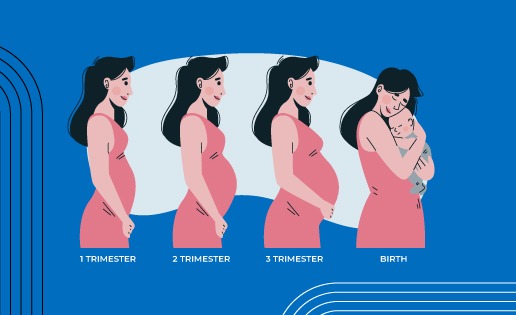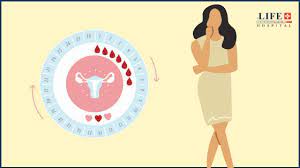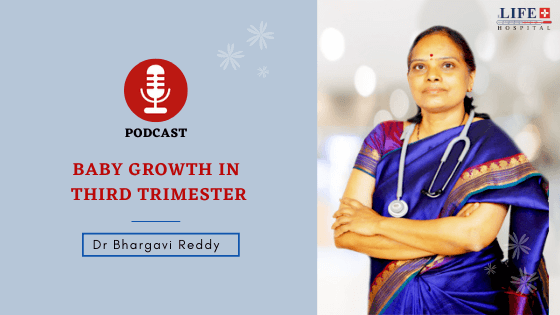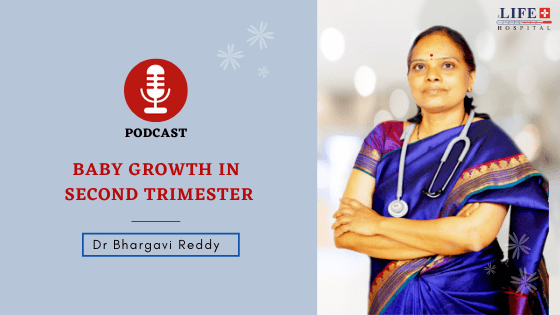Specialized center for Uterine Bleeding Treatment
Abnormal uterine bleeding is when you bleed outside of your normal monthly period.
THE LIFE PLUS HOSPITAL Care is COVID 19 Safe
- Our Hospital premises are COVID safe
- Regular sanitization of clinic & hospital premises
- Immediate medical assistance through Online Consultation
Specialized center for Uterine Bleeding Treatment
Abnormal uterine bleeding is when you bleed outside of your normal monthly period.
THE LIFE PLUS HOSPITAL Care is COVID 19 Safe
- Our Hospital premises are COVID safe
- Regular sanitization of clinic & hospital premises
- Immediate medical assistance through Online Consultation

Uterine Bleeding
A variety of things can cause abnormal uterine bleeding. Pregnancy is a common cause. Polyps or fibroids (small and large growths) in the uterus can also cause bleeding. Rarely, a thyroid problem, infection of the cervix, or cancer of the uterus can cause abnormal uterine bleeding.
In most women, abnormal uterine bleeding is caused by a hormone imbalance. When hormones are the problem, doctors call the problem dysfunctional uterine bleeding or DUB. Abnormal bleeding caused by hormone imbalance is more common in teenagers or in women who are approaching menopause.
Let's Schedule Your Appointment
Treatment
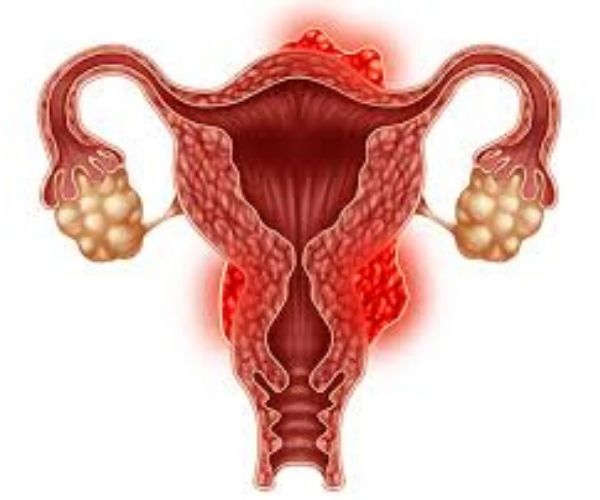
Abnormal uterine bleeding is a broad term that describes irregularities in the menstrual cycle involving frequency, regularity, duration, and volume of flow outside of pregnancy. Up to one-third of women will experience abnormal uterine bleeding in their life, with irregularities most commonly occurring at menarche and perimenopause. A normal menstrual cycle has a frequency of 24 to 38 days, lasts 7 to 9 days, with 5 to 80 milliliters of blood loss. Variations in any of these 4 parameters constitute abnormal uterine bleeding. Some of the causes of abnormal bleeding include the following:
- Problems with ovulation
- Fibroids and polyps
- A condition in which the endometrium grows into the wall of the uterus
- Bleeding disorders
- Problems linked to some birth control methods, such as an intrauterine device (IUD) or birth control pills
- Miscarriage
- Ectopic pregnancy
- Certain types of cancer, such as cancer of the uterus
Our Gynecologists who are Treating the Diseases
Why The Life Plus Hospital?
 The Life Plus Hospital is COVID-19 safe
The Life Plus Hospital is COVID-19 safe
Your safety is taken care of by thermal screening, social distancing, sanitized clinics, and hospital rooms, sterilized surgical equipment, and mandatory PPE kits during surgery.
 Medical Expertise With Technology
Medical Expertise With Technology
Our Doctors spend a lot of time with you to diagnose your condition. You are assisted in all pre-assisted Hospitalisation process. We offer advanced laser and laparoscopic surgical treatment. Our procedures are USFDA approved.
 Assisted Surgery Experience
Assisted Surgery Experience
A dedicated Medical Coordinator assists you throughout the surgery journey from insurance paperwork, to free commute from home to hospital & back and admission-discharge process at the hospital.
 Post Natal Care
Post Natal Care
We offer free follow-up consultations and instructions including dietary tips as well as exercises to every patient to ensure they have a smooth recovery to their daily routines.
The Life Plus Hospital in Numbers
Years Of Expertise
Successful Surgeries
Consultation
Success Rate
Our Blogs
OUR GYNECOLOGY CENTER IN BANGALORE
Tell us about your problems and we’ll figure out the best treatment option for you.
Life Plus hospital
Women and Child Care Hospital in Indiranagar | LifePlus Hospital
At Life plus hospital, we offer a comprehensive range of women’s health services. The Department is managed by highly experienced lady gynecological doctors who offer specialized attention and compassionate care for women
Let's Schedule Your Appointment
Uterine Bleeding Faq's
The normal length of the menstrual cycle is typically between 24 days and 38 days. A normal menstrual period generally lasts up to 8 days.
Bleeding in any of the following situations is considered abnormal uterine bleeding:
Bleeding or spotting between periods
Bleeding or spotting after sex
Heavy bleeding during your period
Menstrual cycles that are longer than 38 days or shorter than 24 days
“Irregular” periods in which cycle length varies by more than 7–9 days
Bleeding after menopause
Problems with ovulation
Fibroids and polyps
A condition in which the endometrium grows into the wall of the uterus
Bleeding disorders
Problems linked to some birth control methods, such as an intrauterine device (IUD) or birth control pills
Miscarriage
Ectopic pregnancy
Certain types of cancer, such as cancer of the uterus








